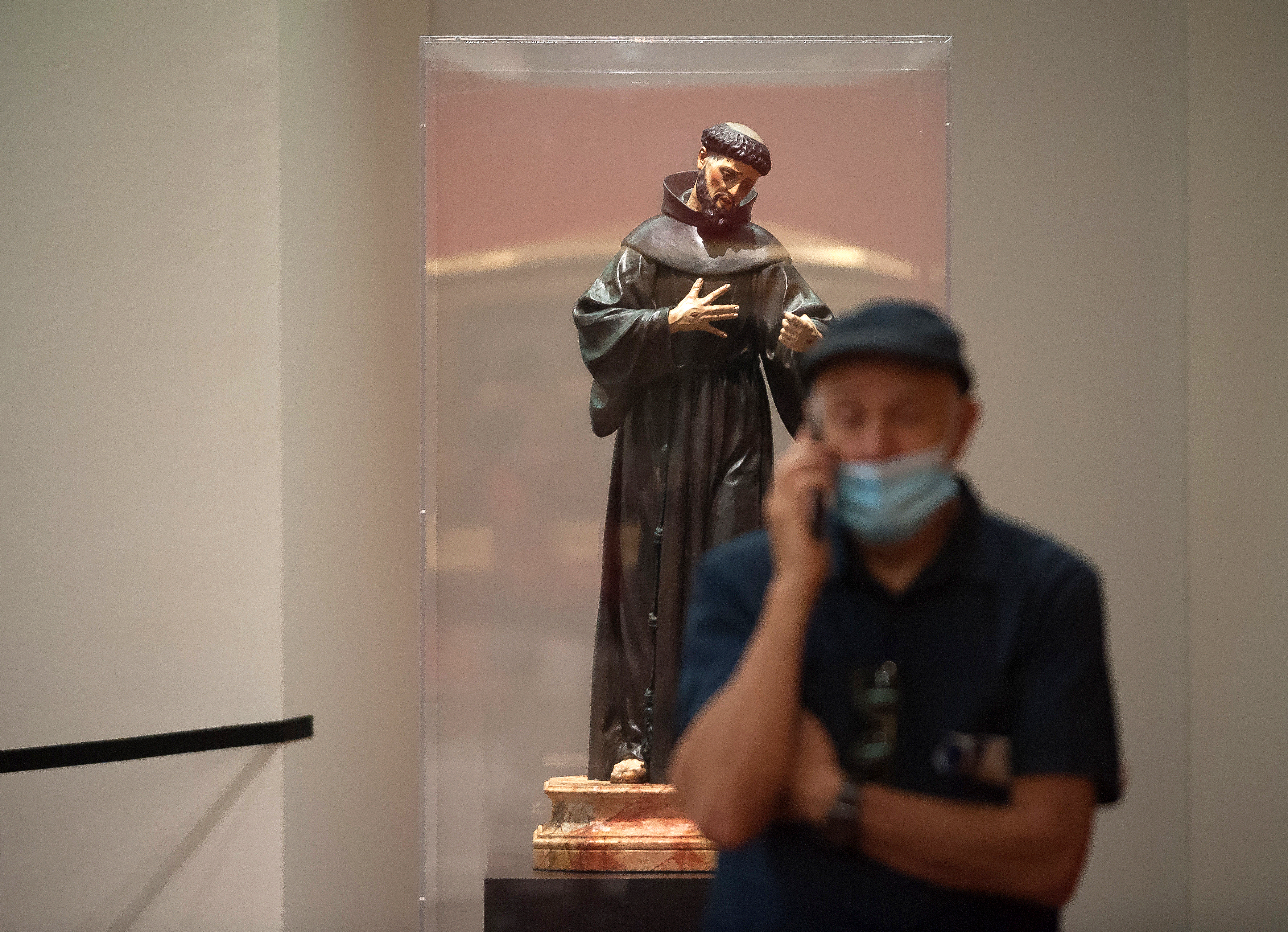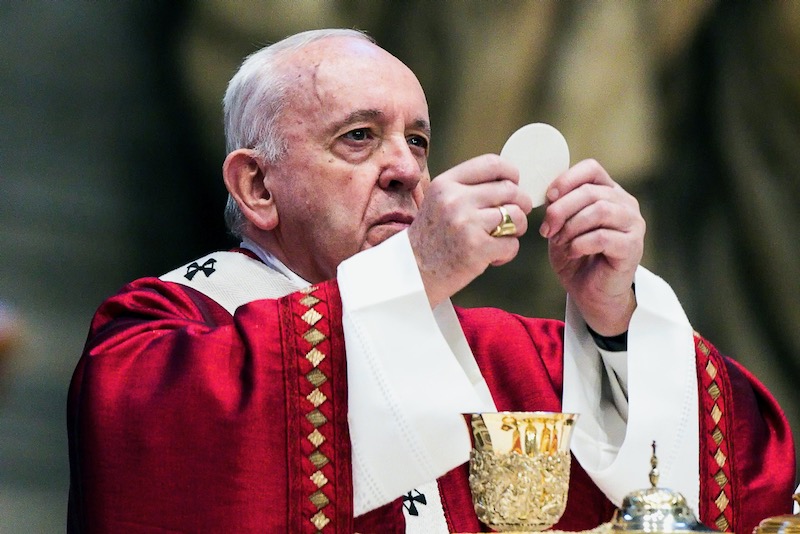When he wrote his monastic rule, St Benedict repeatedly warned against the corrosive effects of “murmuring”, a form of complaining, or grumbling, which can destroy community life.
Now, 1500 years later, Pope Francis has issued a similar warning, in a blistering critique of some elements of contemporary church culture which, through constant murmurings, threaten the unity of the Church and weaken its prophetic voice.
The problem with complaining, the 83-year-old Roman Pontiff explained during Mass on the Feast of Sts Peter and Paul, is that it fails to see how great difficulties can turn out to be moments of transformation.
For Peter and Paul, the Pope added, "challenges and reversals are followed by prophecies", while a prophetic Church can only emerge when people allow their certainties to be challenged by the Gospel. St Paul, for example, found that his conversion shattered any “illusion of being respectably religious”.
Given the difficulties facing Catholic communities across the world, there is a strong temptation to spend time lamenting rather than trying to forge the future. In that respect, Francis’ remarks are timely.
In a homily, the Pope told the socially distanced gathering in St Peter’s Basilica last Sunday that it was “pointless, even tedious for Christians to waste their time complaining about the world, about society, about everything that is not right”, adding: “complaints change nothing.”
He reminded Catholics that in the midst of the persecution from King Herod which saw St Peter languishing in prison and facing possible death the early Christians “did not cast blame – they prayed”.
But to become prophetic, the Pope went on, means being ready to walk through the narrow gate of service.
“Before his beheading, Paul thought only of offering his life, he wrote that he wanted it to be ‘poured out like a libation’. That was prophecy. Not words. That was prophecy that changed history,” Francis said. “We need lives that show the miracle of God’s love...not palaver, but prayer. Not speeches, but service.”
The Pope is serious about the Benedictine injunction against murmuring. On the door to his private room in his residence at the Casa Santa Marta is a sign in red lettering: Vietato Lamentarsi: “Complaining Not Allowed.”
The early Christians, Francis said, had plenty of reasons to criticise St Peter, but "they did not complain about Peter, they prayed for him. They did not talk about Peter behind his back; they talked to God.”
His remarks came as some in the Church, particular those dissatisfied with the direction of the current pontificate, look to shift the conversation onto the “next Pope”.
Two books sharing that title are being promoted across conservative Catholic media outlets and by Breitbart News, the alt-right news website co-founded by Steve Bannon. These same outlets have consistently sought to undermine the first Latin American Pope’s agenda for renewal, in the process damaging the papacy as a centre of unity.
This is not about silencing people who disagree with the Pope: throughout his pontificate, Francis has appointed prelates to senior positions in Rome who might have very different visions of the Church to his own.
His homily, instead, was about those threats to unity borne out of a self-referential narcissism, and a desire to complain. Such an attitude closes a door to the Holy Spirit and stifles prophecy.
Francis did not just have his conservative critics in his sights. The Church’s prophetic witness cannot be left to pastoral plans “as if they were sacraments”, a trap some more progressive officials can fall into. And his point that reversals or difficulties have redemptive value, is a challenge to younger generations tempted to give up at the first
Unlike St Benedict who, disillusioned with life in Rome, chose to abandon the Eternal City to live as a hermit, Francis is staying put to push forward with Church reforms. He could, however, take comfort from how the father of western monasticism responded to great difficulties: when a group of monks secretly put poison in his wine, St Benedict blessed the glass before he put it to his lips. It shattered, and the wine spilt to the floor.



 Loading ...
Loading ...
What do you think?
You can post as a subscriber user ...
User comments (0)